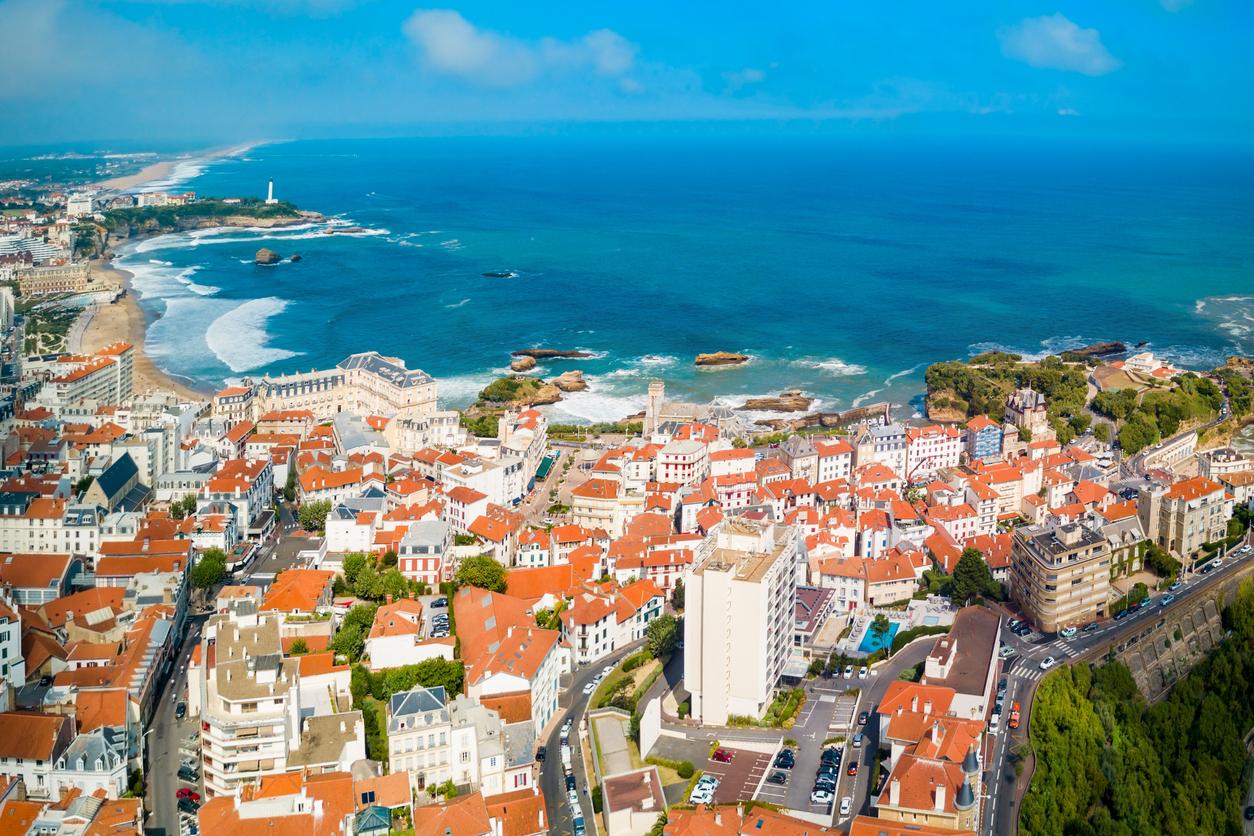The summer of 2015 was very hot. France has indeed known three successive waves of heatwave between June 29 and August 9, responsible for a moderate increase in mortality compared to previous years, according to the Annual Review of the Institut de Veille Sanitaire (InVS). This increase is 6.5% and corresponds to 3,300 more deaths than the average. However, it remains moderate compared to that attributed to the heat wave of 2003, which caused 15,000 additional deaths (+ 55%).
Overestimated mortality?
To prepare this report, the InVS recorded the number of hospitalizations and visits to the health services.emergency room, calls to SOS Médecins as well as all-cause mortality and for all ages. The increase in mortality recorded this summer is compared to an average established over the past eight years. However, the InVS calculations do not allow the precise causes of death to be taken into account, and mortality due to heat waves could be overestimated. “The estimated excess mortality cannot be attributed entirely to heat; it is not possible to date to assess the share“specify the authors of the report.
Maintain the National Heatwave Plan
The heat wave is responsible for dehydration and heat stroke which can be fatal for sensitive people, especially young children and the elderly. Since the major heat wave in 2003, the Ministry of Health has set up a National Heatwave Plan (PNC). “These episodes confirm that the heat remains a significant health risk in France. The initiation of actions recommended by PNC is therefore essential to protect the population and limit the health impact.“underlines the InVS in its report. The PNC notably plans large-scale prevention actions upstream of heatwave episodes and the provision of a free information number available during periods of great heat.
>> To read also:
Dehydration: 6 surprising causes
Infographic: the rules of good hydration
Emergencies: 8 out of 10 patients are seen within 20 minutes
Diarrhea: how to avoid dehydration in young children


















